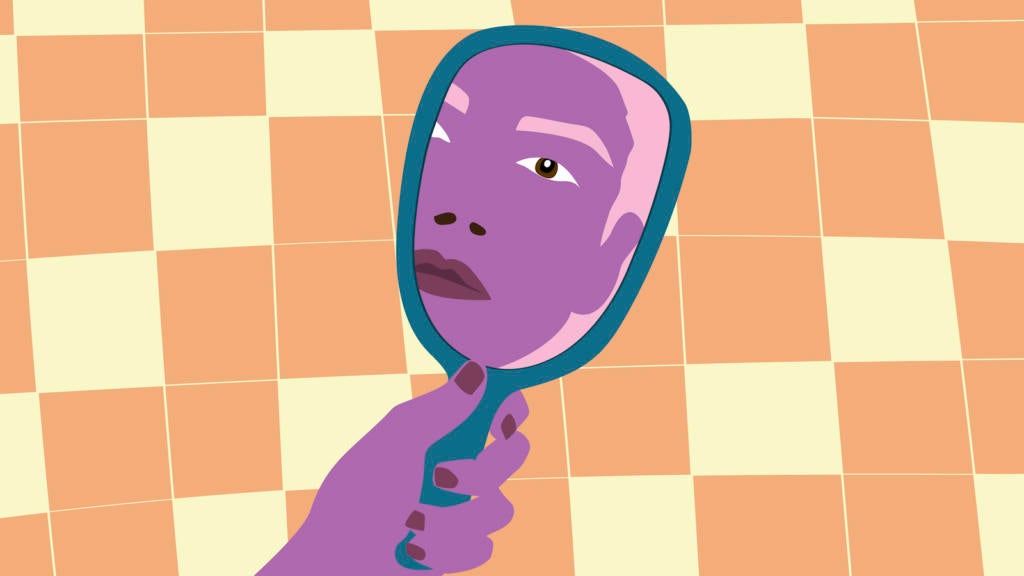Forgiveness occupies a central tenet in the Baha’i Faith, encapsulating profound insights that urge individuals to embark on a transformative journey toward self-acceptance and healing. While the practice of forgiving others is often highlighted within spiritual discourses, the act of learning to forgive ourselves remains an equally vital, yet sometimes overlooked, aspect of spiritual development. In addressing this theme, one might pose a thought-provoking question: What happens when the relentless weight of our own imperfections becomes an insurmountable burden? This query invites introspection, as it challenges us to confront the inherent difficulties we encounter in the pursuit of self-forgiveness.
At the core of Baha’i teachings lies the belief in the essential worth and nobility of the human soul. Each individual is viewed as a reflection of the divine, endowed with the potential for growth and change. This perspective serves as a foundation for understanding why learning to forgive ourselves is not only permissible but imperative. The embrace of our fallibility fosters an environment wherein personal growth can flourish, as we acknowledge that we are not solely defined by our missteps but also by our resolve to transcend them.
To embark on the journey of self-forgiveness, it is paramount to first cultivate a deep understanding of guilt and remorse. These emotions, while often deemed negative, can serve as catalysts for personal development. Through a Baha’i lens, guilt can be perceived as a form of spiritual awareness that prompts us to reflect on our actions and their consequences. However, if left unchecked, this sentiment may develop into a stagnant state that stifles personal evolution. The challenge lies in discerning constructive self-reflection from detrimental self-condemnation. This involves recognizing the transient nature of our mistakes, thereby allowing ourselves the grace to grow beyond them.
Acknowledging our imperfections is a crucial step toward cultivating self-forgiveness. Baha’i scriptures encourage believers to engage with their shortcomings candidly and non-judgmentally. By adopting an attitude of compassion toward oneself, individuals can dismantle the barriers that often hinder self-acceptance. This raises a pertinent inquiry: How do we gradually shift our mindset from self-critique to self-compassion? One practical approach may involve engaging in structured reflections—perhaps through journaling or meditation—that allow individuals to analyze their emotional responses to perceived failures. Such reflections facilitate the recognition that mistakes are an integral part of the human experience rather than isolated incidents that define our entire identity.
Furthermore, the Baha’i teachings emphasize the interconnectedness of humanity, urging individuals to cultivate empathy not only toward others but also toward themselves. Engaging in practices that promote self-kindness can significantly elevate one’s emotional resilience. Techniques such as affirmations, where one acknowledges their inherent worth, can perpetuate a positive self-image. This leads to a crucial insight: in offering forgiveness to oneself, one simultaneously fortifies the ability to extend compassion to others—a cyclical process that enriches our collective humanity.
In seeking self-forgiveness, it is vital to reconsider the notion of redemption. Are we not all on a lifelong journey of transformation? Baha’i teachings encourage believers to embrace the idea of continual growth, thus reframing past mistakes not as finalities, but as opportunities for learning and reclamation. By invoking the concept of progress, individuals can liberate themselves from the shackles of regret and instead strive toward betterment. Reflecting on the continuous nature of growth allows for a more forgiving disposition toward ourselves, as we understand that perfection is neither attainable nor a prerequisite for spiritual fulfillment.
However, the quest for self-forgiveness is not without its challenges. As one embarks on this path, it is common to encounter internal dialogues that resist change. The critical voice within may announce: “You do not deserve forgiveness.” Here, the wisdom of Baha’i teachings shines magnificently. They remind us that divine grace is inexhaustible and consistently accessible, advocating for a repudiation of the belief that one is unworthy of love and forgiveness. Integrating this understanding into one’s personal narrative can catalyze a profound shift in perspective.
Moreover, embracing the role of forgiveness in a communal context can further enhance personal efforts. Engaging with a community that embodies the principles of unity, love, and understanding facilitates a nurturing environment conducive to healing. Participating in Baha’i community activities can reinforce the members’ commitment to mutual encouragement, reminding individuals that they are not alone in their struggles. Realizing one’s shared humanity fosters resilience and hope, reaffirming the truth that the journey of self-forgiveness is indeed a collective endeavor.
Lastly, as one progresses toward self-forgiveness, it is essential to develop practical strategies that can serve as anchors during challenging moments. Mindfulness practices can play a significant role in this regard. Learning to remain anchored in the present allows individuals to disentangle themselves from a past marred by regret. With the awareness that the current moment is where transformation occurs, individuals can actively choose to embrace forgiveness and release self-imposed limitations.
Ultimately, learning to forgive ourselves is a multifaceted journey that intertwines the essence of Baha’i teachings with the human experience. By navigating the intricate landscape of guilt, cultivating self-compassion, reframing our understanding of mistakes, and seeking community support, individuals can unlock the profound liberation that accompanies self-forgiveness. This journey not only enriches our inner lives but also enhances our ability to extend forgiveness and compassion to others, sowing seeds of healing within our communities and the world at large.
